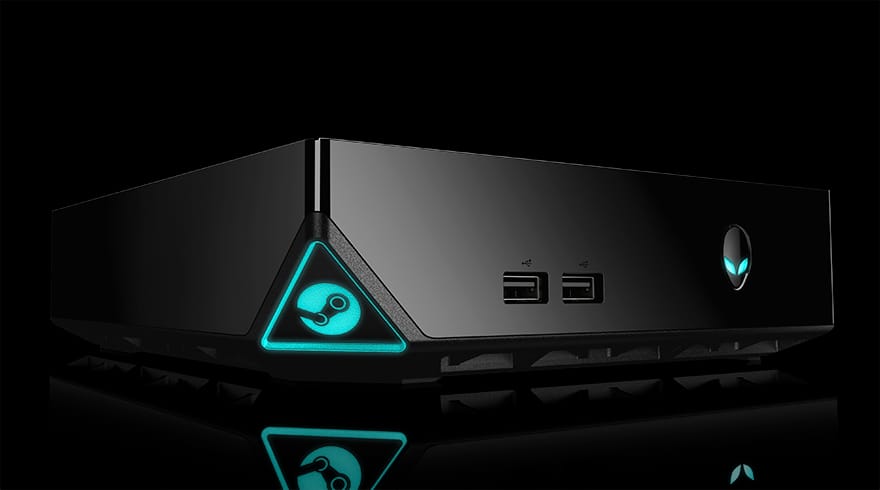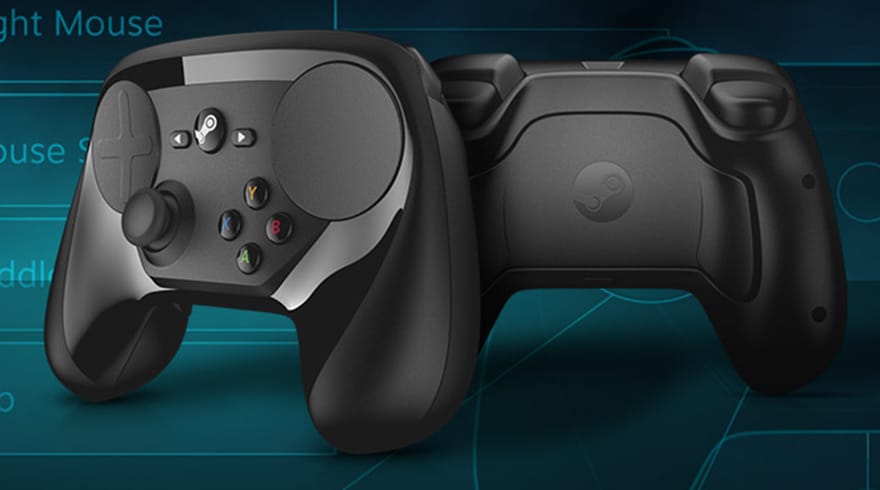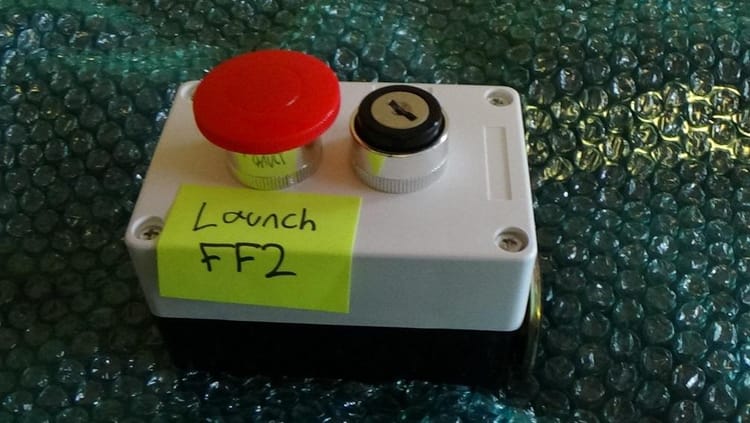The Steam Machine wants to end an age-old war in games

This article was written using products provided by Alienware and the The Alienware Steam Machine First Look program.
As members of society, you and I exist in between a sequence of carefully demarcated lines in the sand. Our race, our social status, our taste in music, the way we dress—all these have greater and lesser effects on the way we go about our lives. Some of these lines are imposed socially; some of them we impose ourselves. When we cross these lines, we enter into the territory anthropologist Arnold Van Gennep referred to as “liminal space;” the in-between period where boundaries are blurred and identity begins to erode.
One of the deepest furrows in the “gamer identity,” a line dug so deep that it’s become a chasm, is the divide between PC Gamer versus Console Owner. There’s rampant scorn on both sides; people who do most of their playing on a PC often treat console players like toe-dippers into the greater pool of gaming possibilities, while players on console view PC gamers as elitist, master-race purists.
The very thought makes us tremble
To an extent, this identity is chosen. But it’s also just a product of available technology. The Steam Machine, Valve’s new console-shaped PC gaming machine, wants to be the broom that sweeps those lines in the sand away, leaving us in that liminal “in between” space. PC gaming? From a console? The very thought makes us tremble.
I was a console player most of my life, having grown up with Macs. I rose from a Nintendo 64 to a Playstation 2 to an Xbox 360, until my first gaming computer, and the advent of Steam’s absurd sale prices, made me reconsider former allegiances. But the Steam Machine is making me feel things I haven’t felt in a long time.

The Steam Machine isn’t available yet, but it is taking pre-orders. I brought one into my house, recently, which sort of felt like bringing a new pet home. It’s smaller than I expected, sleek and black and much more compact than my desktop computer, with immensely fewer wires. I can stream from my desktop computer no matter where it is in the house, which is nice for when I want to play my heavily modded copy of Mount and Blade: Warband (or, “Mount and Conquer Westeros From Dragon-back,” as I play it). I wanted to run something off the machine’s own hardware, though. I went with Shadow of Mordor, with the graphics settings cranked up so that I could see every orcish pore on screen. The Intel processor inside did God’s work: it ran quietly and smoothly, purring no louder than a kitten.
My relationship with the Steam Machine is still in the courting stage; the Steam controller, like the hand of a new date, feels exciting but strange to hold. These impressions are only initial: think of this piece as an introduction to this new hybrid creature. I’ll be reporting back further down the line, after I’ve gotten a chance to live, eat and sleep with the device for a while (and get annoyed with its niggling habits). But for now I’m excited to get to know the Steam Machine, and let it kick down walls that have stood for far too long. Whether or not those walls will actually budge remains to be seen. But at least someone is trying.

In writing about liminality among the Swazi people, Victor Turner described how the king and his subjects drew closer together: “In this betwixt-and-between period, in this fruitful darkness, king and people are closely identified. There is a mystical solidarity between them, which contrasts sharply with the hierarchical rank-dominated structure of ordinary Swazi life.”
The Steam Machine seems to cross the boundaries between the elite and the masses, showing that—in the end—we’re all part of the same clan. Or if we give it a chance, maybe we can even do away with hierarchy and labels altogether.
Click here if to check out the Alienware Steam Machine for yourself.



